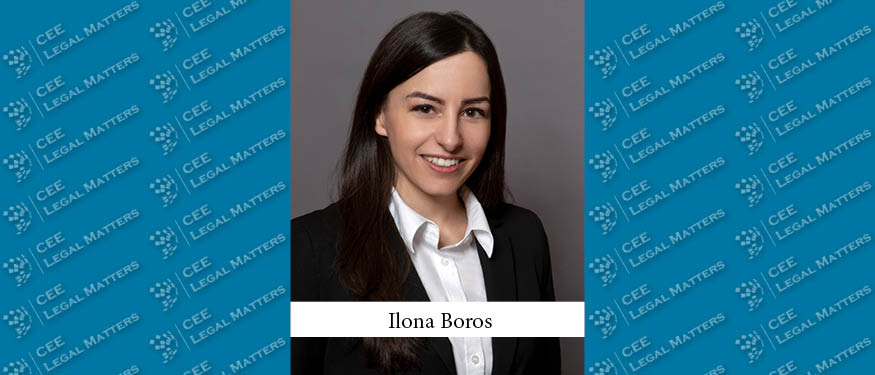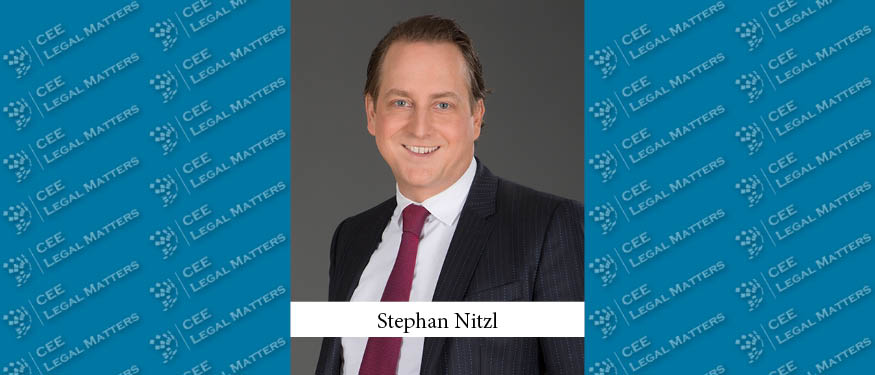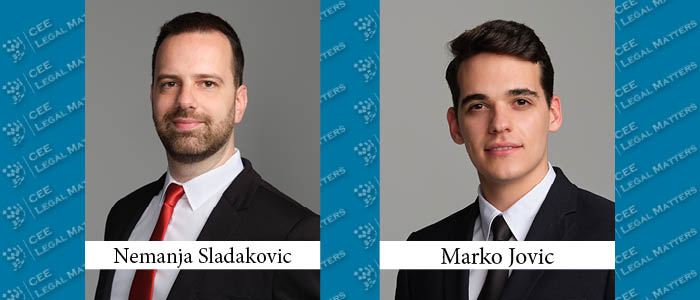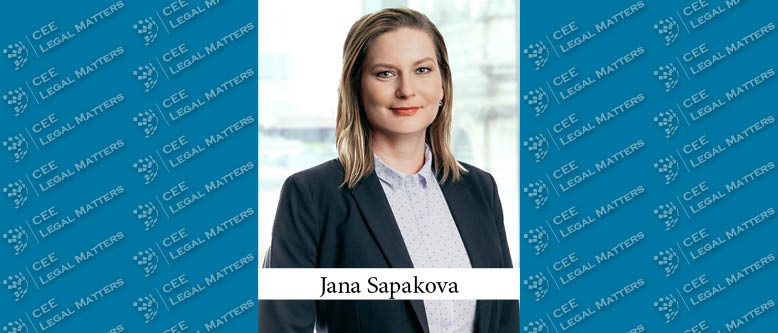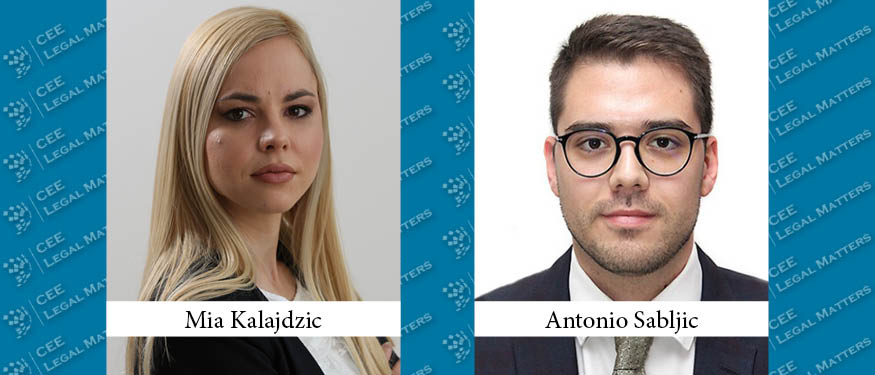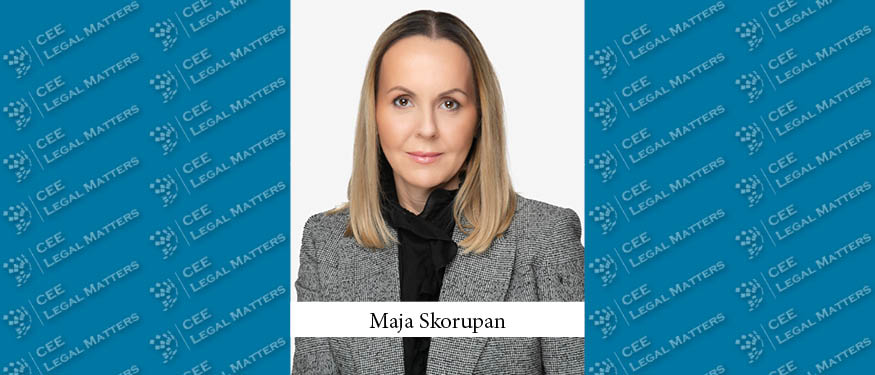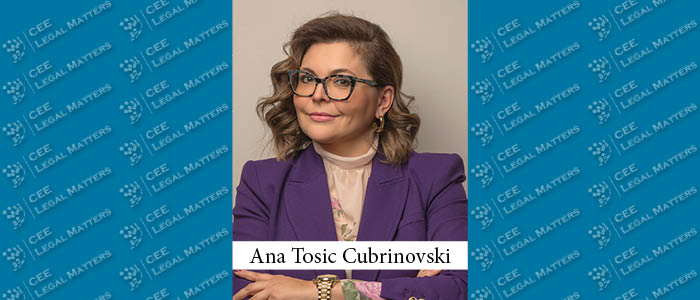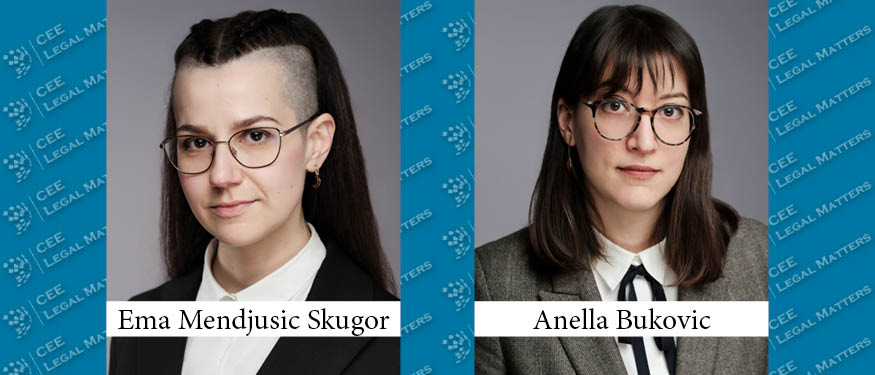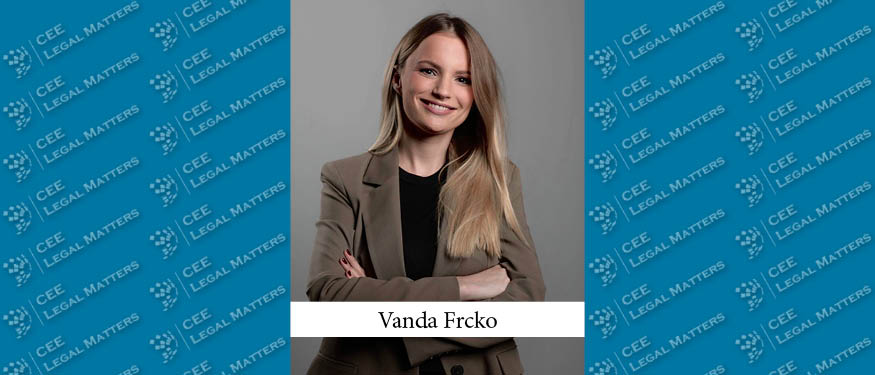According to the National Employment Service’s study on foreign workers, at the end of 2023, there were a total of 87,661 work permits in force, a figure that has increased significantly in the last two years, with only 34,000 valid permits at the end of 2021 and slightly more than 51,000 in 2022.
Austria: Mobile Working – New Legislation and Legal Pitfalls
In recent years, accelerated by the COVID-19 crisis, the Austrian landscape of work has shifted, with remote working becoming a staple in the modern employment environment. In Austria, this development is reflected in the so-called 2021 “Home Office Act” which formalizes fundamental aspects of labor, tax, and social security law. However, the Home Office Act applies only to work performed from home.
Greece: Violence and Harassment in Workplaces – Overview of the Legal Framework
The topic of violence and harassment at work has become increasingly important in Greek employment law. In recent years, Greece has made significant steps by adopting legislative measures aiming at ensuring an equal and healthy working environment for all employees. However, the new framework raises certain complex legal concerns regarding the implementation of the legislation on violence and harassment by the employer. This article provides an overview of these issues within the context of Greek employment law.
Serbia: Non-Compete Clauses Labor Law
Non-competition (non-compete) clauses came into the spotlight this year as the US Federal Trade Commission (FTC) decided to impose a broad ban on their use. The underlying motive for this is the perception that the non-compete clauses, in the words of FTC Chair Lina Khan, keep wages low, suppress new ideas, and rob the American economy of dynamism, including from the more than 8,500 new start-ups that would be created a year once non-competes are banned. However, this rule quickly faced challenges, including a lawsuit from the US Chamber of Commerce, which argued that it was unfounded and that the FTC exceeded its authority.
Slovakia: Agreeing on and Withdrawing from Competition Clauses
Competition clauses are found in a number of European jurisdictions. Slovak legislation on post-employment non-compete clauses is characterized by: the obligation to agree on a non-compete clause in an employment contract, the possibility to agree on it only with a certain type of employee, time limitation, and remuneration.
Croatia: TUPE Regulations in Light of Supreme Court of the Republic of Croatia’s Recent Practice
The Transfer of Undertakings (Protection of Employment) Regulations (TUPE Regulations) were incorporated in their current form into the laws of the European Union (EU) with Directive 2001/23/EC of March 12, 2001 (TUPE Directive), with Croatia ensuring its transposition in its legal system via the Labor Act (albeit with a few missed opportunities). Although TUPE Regulations are relatively simple to comprehend, with the main goal being the protection of employee rights in the event of a transfer of an undertaking, business, or part of an undertaking or business as a result of a legal transfer or merger, their application in practice raises many questions to which statutory provisions of Croatian law do not provide an answer.
Lithuania: Navigating Remote Work Challenges
Over the summer, numerous major employers in Lithuania had either terminated or tightened their hybrid work policies, mandating employees to be present in the office for at least three days per week. This shift is in line with global trends, particularly among technology companies, which have largely abandoned remote work arrangements. Since the pandemic ended, many companies have gradually moved their workforce back to the office, citing decreased productivity and employee engagement as primary reasons for this shift.
Moldova: Employee-Created IP Objects – Determining Ownership
The question of who owns intellectual property (IP) rights in the workplace has gained significant relevance, especially given that employees are involved in extensive creative activity nowadays. The Moldovan legal framework has well-defined rules on this subject, providing insight into the important question: who holds the rights over the creations, inventions, industrial designs, and utility models created by employees?
Slovenia: Contractual Penalties in Employment Law
Recent rulings of the Slovenian Supreme Court on the permissibility of including contractual penalties in employment contracts highlight that when assessing the permissibility of applying the concept of a contractual penalty, one must consider the subordinate and dependent position of the employee relative to the employer both when concluding the employment contract and during the employment relationship.
North Macedonia: The Role of Private Employment Agencies
Private employment agencies in North Macedonia emerged relatively recently, beginning in 2006. These agencies play a key role in two primary areas: facilitating temporary employment in the labor market and acting as intermediaries in the hiring process. By connecting employers seeking workers with job seekers, these agencies help streamline employment coordination, leading to a more efficient labor market.
Kosovo: Employee Rights in a Remote Work Context
The COVID-19 pandemic accelerated the shift toward remote work globally, including in Kosovo. While this new way of working offers flexibility and convenience, it also exposes gaps in labor regulations. Kosovo’s Labor Law, like many others, was primarily designed for traditional in-office work environments and has yet to fully adapt to the nuances of remote work. Remote work context has brought to attention legal gaps in areas such as work hours, digital privacy, employer responsibilities, and employee rights.
Croatian Lawyers and Cybersecurity – Is It Time To Level Up?
With the Cybersecurity Act entering into force in February 2024, Croatia was, unexpectedly, one of the first EU member states to implement NIS2, and it seems this happened just in time. Throughout this year as well as in 2023, government and financial institutions, companies, and even airports and hospitals were targets of multiple cyberattacks. Unsurprisingly, these resulted not only in temporary loss of availability of crucial services but also in loss of data – at times even life-and-death patient data.
GDPR at Six: A Wake-Up Call That’s Still Being Snoozed
Six years after the introduction of the GDPR, many businesses still treat it as if it were a “new law,” a regulation to be addressed later, rather than a priority today. It took years for the GDPR and data protection in general to even make their way onto Q&A lists in legal due diligence, competing alongside other established legal risks when analyzing target companies.
Croatian Energy Laws: A Step Behind Entrepreneurial Ambitions?
Energy law in Croatia is governed by a series of laws and regulations designed to ensure energy security, promote renewable sources, and support environmental protection. The key legal framework in the energy sector in Croatia includes the Energy Act (Zakon o energiji, Official Gazette no. 120/12, 14/14, 95/15, 102/15, 68/18) and the related Energy Development Strategy of the Republic of Croatia until 2030, with a view to 2050, adopted on February 28, 2020. The Energy Act, which has seen a few amendments since its adoption, is still slowly trying to meet the challenging EU requirements in terms of the green transition, which emphasize renewable energy integration, energy efficiency, and environmental responsibility.
Croatia’s M&A Landscape in 2024: Sustainability and Energy as Key Drivers
The Croatian M&A market in 2024 is experiencing significant changes, largely driven by two key factors: the rise of sustainability and ESG considerations alongside a notable surge in energy-sector transactions. These trends reflect both global movements and Croatia’s commitment to the EU’s broader climate goals.
Future of the Legal Landscape for Crypto-Assets in Croatia
Currently, the Croatian AML Act (Official Gazette no. 108/2007, 39/2019, 151/2022) uses the term “virtual assets,” while the Markets in Crypto-Assets Regulation (MiCA) (EU Regulation 2023/1114), along with subsequent Implementing Act for MiCA (Official Gazette no. 85/2024) adopted by Croatian Parliament in July 2024), uses the term “crypto-assets.” Clearly governing the same, the terms used are similar, but slight nuances persist in definitions. Yet, inconsistency of legal terms should be avoided to prevent misinterpretation and confusion in legal applications.
Hydrocarbons Seeking Their Place Under the Croatian Sun
Even though renewables have been very popular in Croatia for quite some time, the good old hydrocarbons are once again creating a significant buzz.
The Rise of Short-Term and Early-Stage Finance in Poland’s RES Industry
Historically, Poland’s Renewable Energy Sources (RES) sector has relied heavily on long-term project finance, with loan tenors of 15-18 years from project completion. In the current local financial landscape, high interest rates persist with WIBOR remaining elevated despite attempts at correction, and the cost of long-term interest rate swaps continuing to soar.

